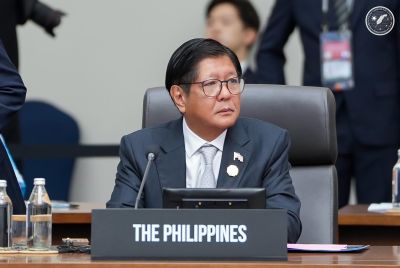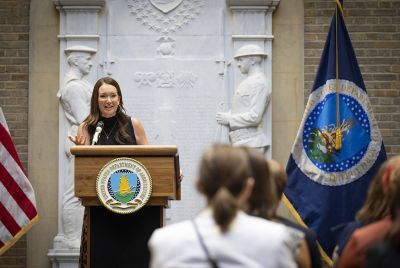Iran nuclear deal: Hassan Rouhani hails accord as sceptic Benjamin Netanyahu casts doubts

Iranian President Hassan Rouhani has hailed the implementation of the nuclear accord reached in July 2015 as his Israeli rival Benjamin Netanyahu heaped scorn on the deal. Speaking before parliament, the Iranian leader said everyone except "Israel and warmongers" are happy with the nuclear agreement.
Stating that Iran has opened a "new chapter" in its relations with the world, he said the pact with global powers is a "golden page" in Iran's history. Rouhani added that he is keen to see Iran less dependent on oil as the international nuclear sanctions are lifted.
The landmark nuclear agreement, which was signed by Iran and world powers, formally came into force on 16 January after UN authorities confirmed Tehran adhered to the conditions. In return, the crippling economic sanctions on Iran – which were in place for several years – imposed by the UN, the US, and EU have been lifted.
Shortly after the announcement by the UN's nuclear watchdog, International Atomic Energy Agency (IAEA), Rouhani told the Iranian parliament: "The nuclear deal is an opportunity that we should use to develop the country, improve the welfare of the nation, and create stability and security in the region."
In the speech, which was broadcast live on state TV, he explained: "In [implementing] the deal, all are happy except Zionists, warmongers, sowers of discord among Islamic nations and extremists in the US. The rest are happy."
Meanwhile, Netanyahu, a harsh critic of Iran and the nuclear deal, said Tehran would still be able to pursue acquiring nuclear weapons if it is left unchecked. The Israeli prime minister said in a statement: "Even after signing the nuclear deal, Iran has not relinquished its ambition to obtain nuclear weapons, and continues to act to destabilise the Middle East and spread terror throughout the world while violating its international commitments."
Iran has always denied the country is seeking atomic weapons and insisted the nuclear activities are for civilian purposes.
Netanyahu further stressed: "The world powers and [IAEA] must closely follow the activities at Iran's nuclear sites and other sites to ensure it is not continuing to clandestinely develop nuclear weapons. Without an appropriate reaction to every violation, Iran will realise it can continue to develop nuclear weapons, destabilise the region and spread terror."
© Copyright IBTimes 2025. All rights reserved.





















